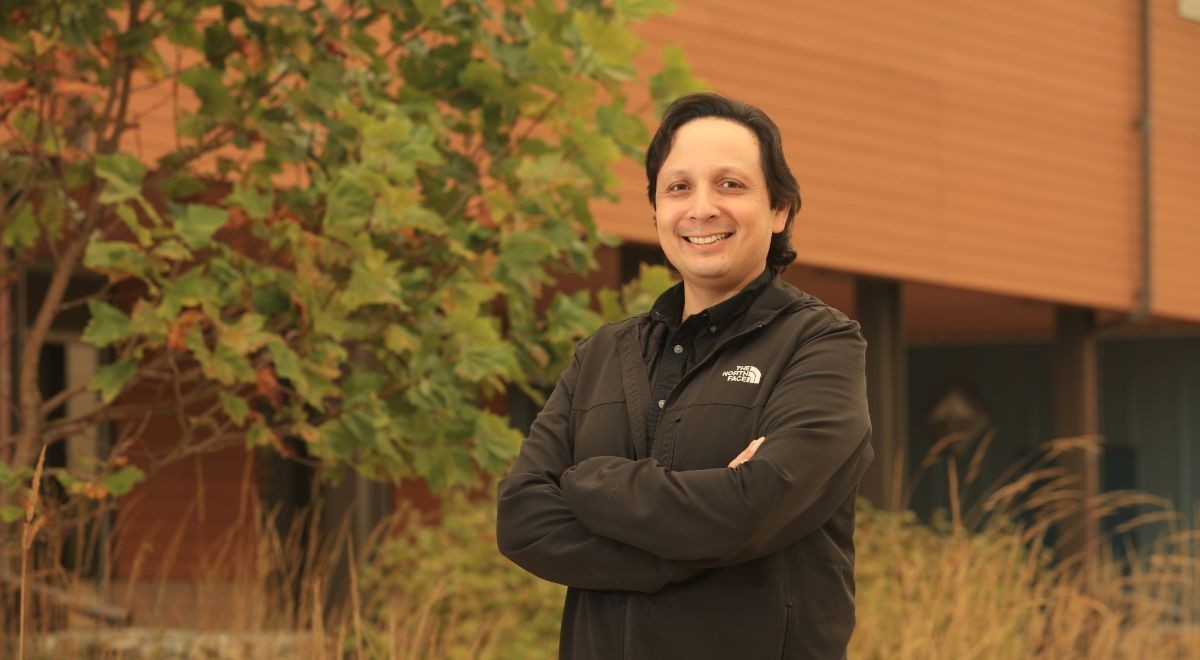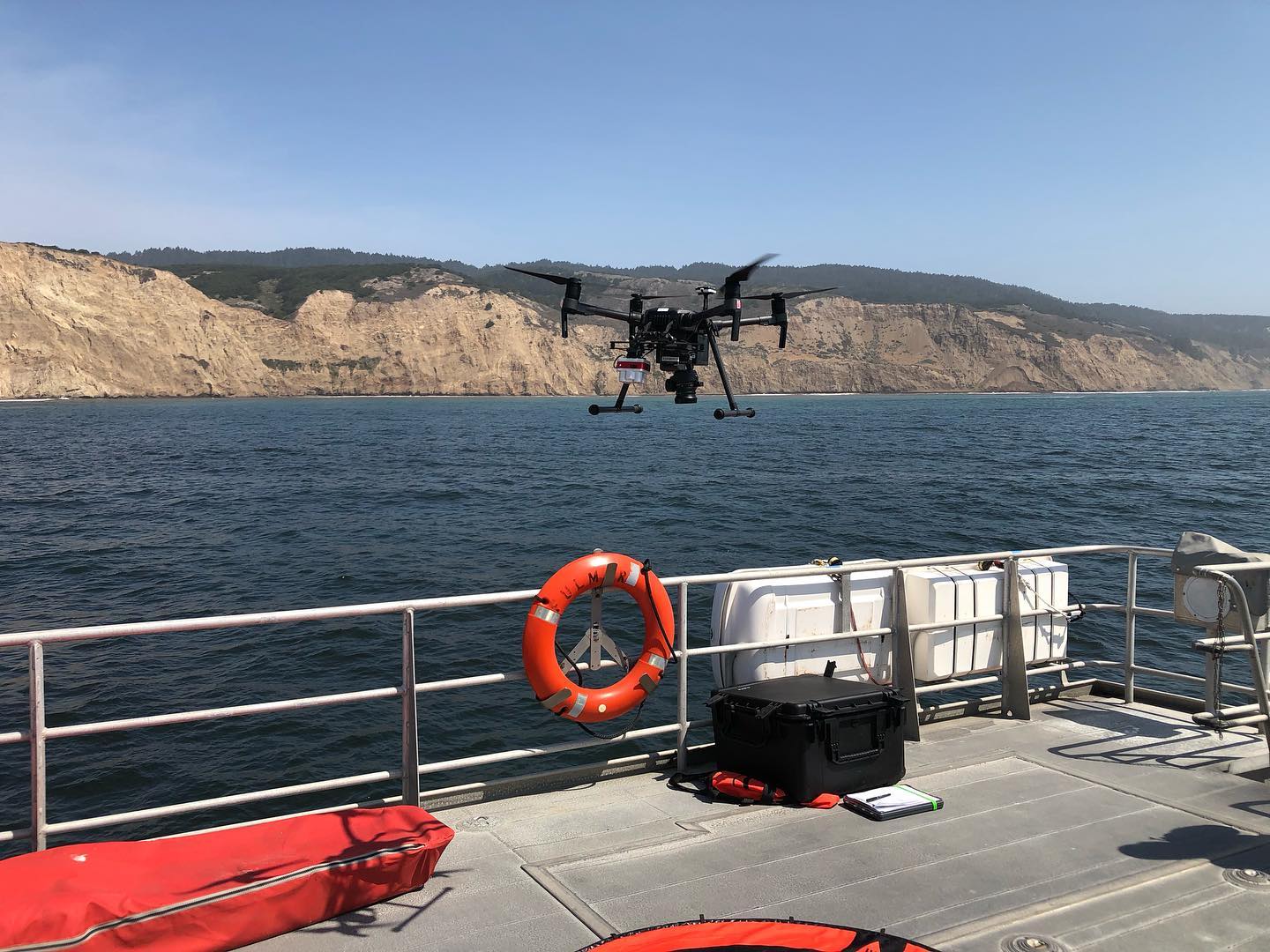
Corey Garza
Professor
School of Aquatic and Fishery Sciences
Associate Dean of Diversity, Equity and Inclusion
College of the Environment
cgarza2@uw.edu
Corey Garza Faculty page
What is your Research Focus?
My research integrates questions and techniques from the fields of marine and landscape ecology to study the marine environment across multiple scales of organization. I specialize in the use autonomous technologies (e.g., drones), GIS modeling, and spatial statistics to study the relationship between habitat complexity and patterns of species distribution and abundance in marine communities. Though my research group has primarily focused on studies of the ecology of marine invertebrates, we have also studied the foraging ecology of shorebirds and the landscape genetics of black surfperch in Monterey Bay. More recently, we have begun studies that aim to understand spatial and temporal dynamics in patterns of kelp forest distribution and persistence in the face of climate change. In general, we are more interested in studying interesting research topics where spatial dynamics serve as a central driver as opposed to a particular organism or system.
My group conducts field work, primarily along the U.S. and Canadian West Coast, coupled with GIS and statistical modeling to understand the spatial dynamics that underly the distribution and structure of coastal ecosystems. Though our work contributes to the basic understanding of the ecology of coastal ecosystems, it also has applications in the management and conservation of coastal systems. Over the last decade our work has helped support the management of coastal wetlands, kelp forest restoration and efficacy of marine protected areas (MPAs). Engaging and training the next generation of scientists is also a critical focus area of our group. Reaching out to and providing opportunities to groups that have historically been underrepresented in the sciences is a central activity of the lab. Our research group is committed to these goals and is actively engaged in broadening participation activities and research.

Heavy payload drone taking off from the deck of the NOAA research vessel Fulmar
What opportunities at the UW excite you?
Part of my role as a Professor in the School of Aquatic and Fishery Sciences (SAFS) will be as a mentor to undergraduate and graduate students, which is a fantastic opportunity as this is one of the top fisheries programs in the US. SAFS also has a well-known group of scientists in aquatic and fishery systems, spanning both basic and applied science, and the chance to join this collaborative group which is known even beyond the US is a big appeal. SAFS is also a place open to innovation. This innovation is especially relevant to my drone program which I brought with me from my previous university. I’m hoping to elevate the research I’m doing with this group, in a place where I can use my research to interface with other people – freshwater, fisheries, marine, coastal. How to use drone technologies more collaboratively across disciplines and different research questions is an exciting challenge.
I’m also looking forward to finding out how different community groups can benefit from the technologies I work with – SAFS already works so well in various communities, and I’m eager to be a part of this. I also work with drones from a Diversity, Equity and Inclusion (DEI) perspective and the technology opens so many opportunities for those who might not be engaged in marine science because they feel or have been made to feel like they don’t fit the traditional mold of a marine scientist. Drones can help break down some of those barriers and I feel UW offers the opportunity to continue this and other related DEI efforts.